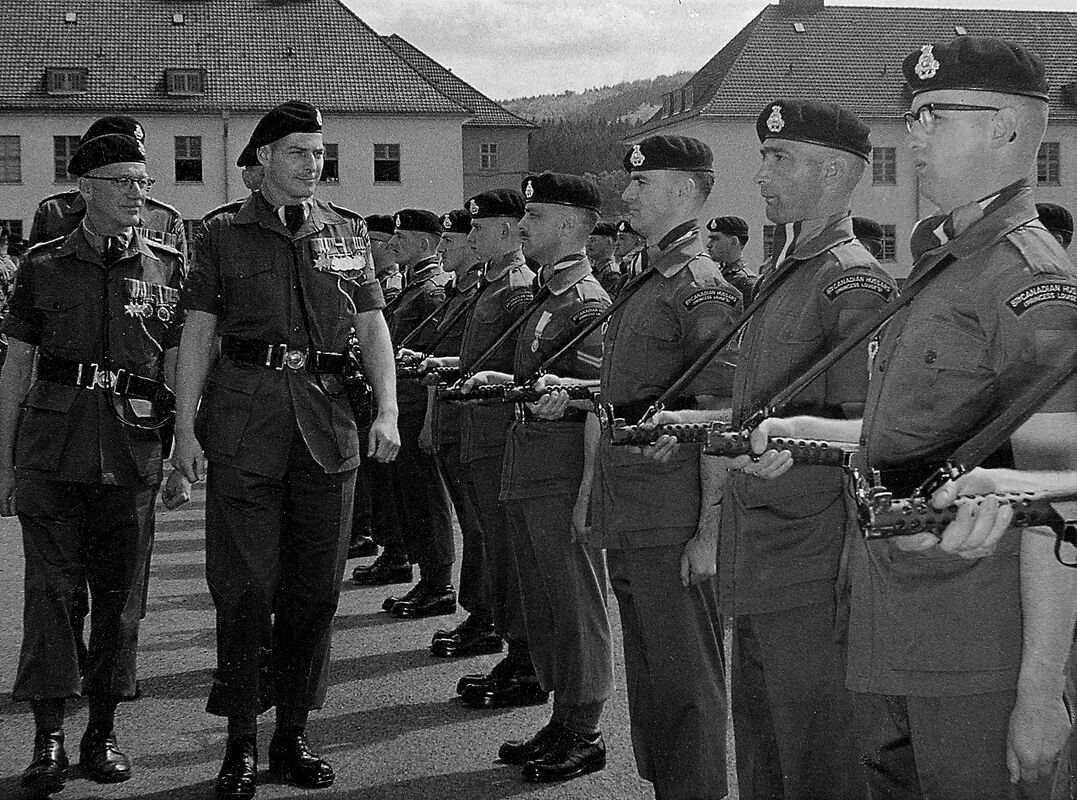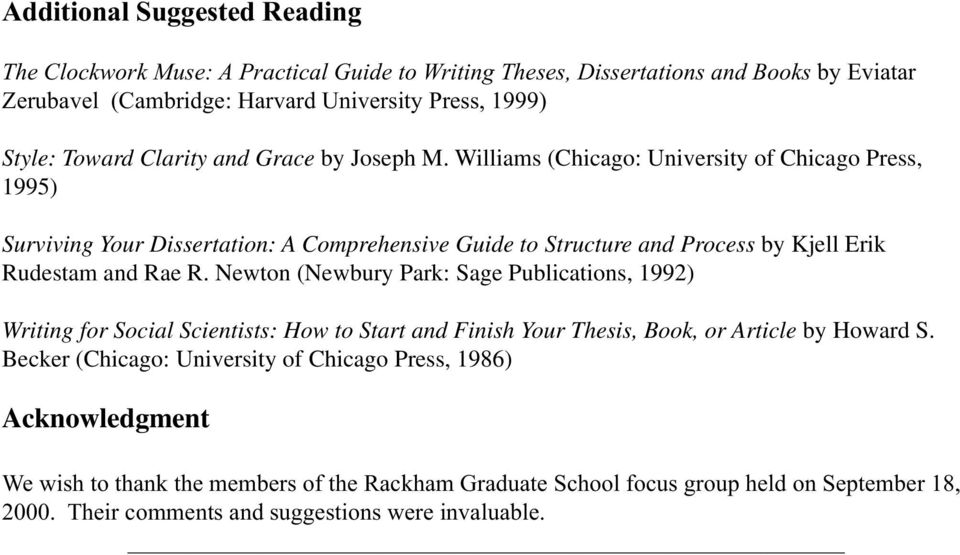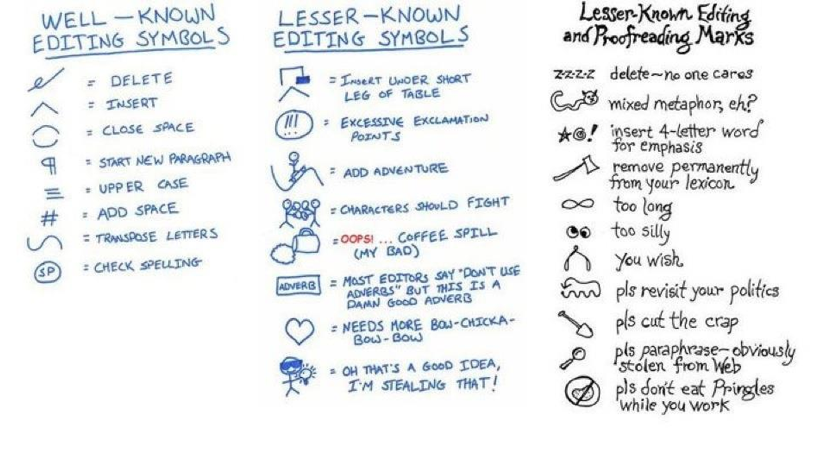Gandhi's Method Of Passive Resistance essay help.
Gandhi said, “One man can offer it just as well as millions. Both men and women can indulge in it.” (Document C). In saying this, Gandhi encourages anybody and everybody to take part in the passive resistance movement. This is how Gandhi was able to gain thousands of supporters in his passive resistance movement.Civil disobedience and passive resistance was morally superior to all other types of resistance to unjust laws. The philosophy of Mohandas Gandhi did not incite violence and was the safest and best way to resolve and abolish unjust laws. An example of this can be found in the incident at th.Gandhi’s first passive resistance campaign began as a protest against the Asiatic Registration Bill of 1906. The bill was part of the attempt to limit the presence of Indians in the Transvaal by confining them to segregated areas and limiting their trading activities. Indians in South Africa.
THE ETHICS OF PASSIVE RESISTANCE PRIZE ESSAY M. S. Maurice I Nineteen centuries ago one of the greatest moralists of the world laid down his life in passive resistance to constituted authority in what was then a great centre of spiritual activity.Gandhi, also known as the “Father of India”, was the first to discover the idea of passive resistance. Passive resistance stands for the modern nonviolence, which is the idea of using love to suffer for one’s desire of freedom. This idea is convey your idea towards the opponent in hope of a good outcome.

Mohandas Gandhi was born on October 2, 1869, in Porbandar, India, the youngest of three sons born to Putalibai and Karamchand Gandhi.. Passive resistance was a nonviolent defiance method which Gandhi employed alongside his pacifist and no-violent beliefs.











